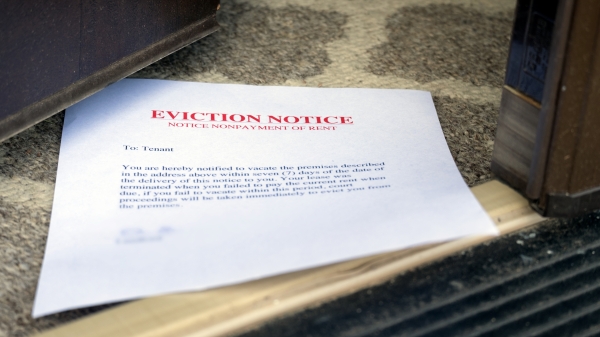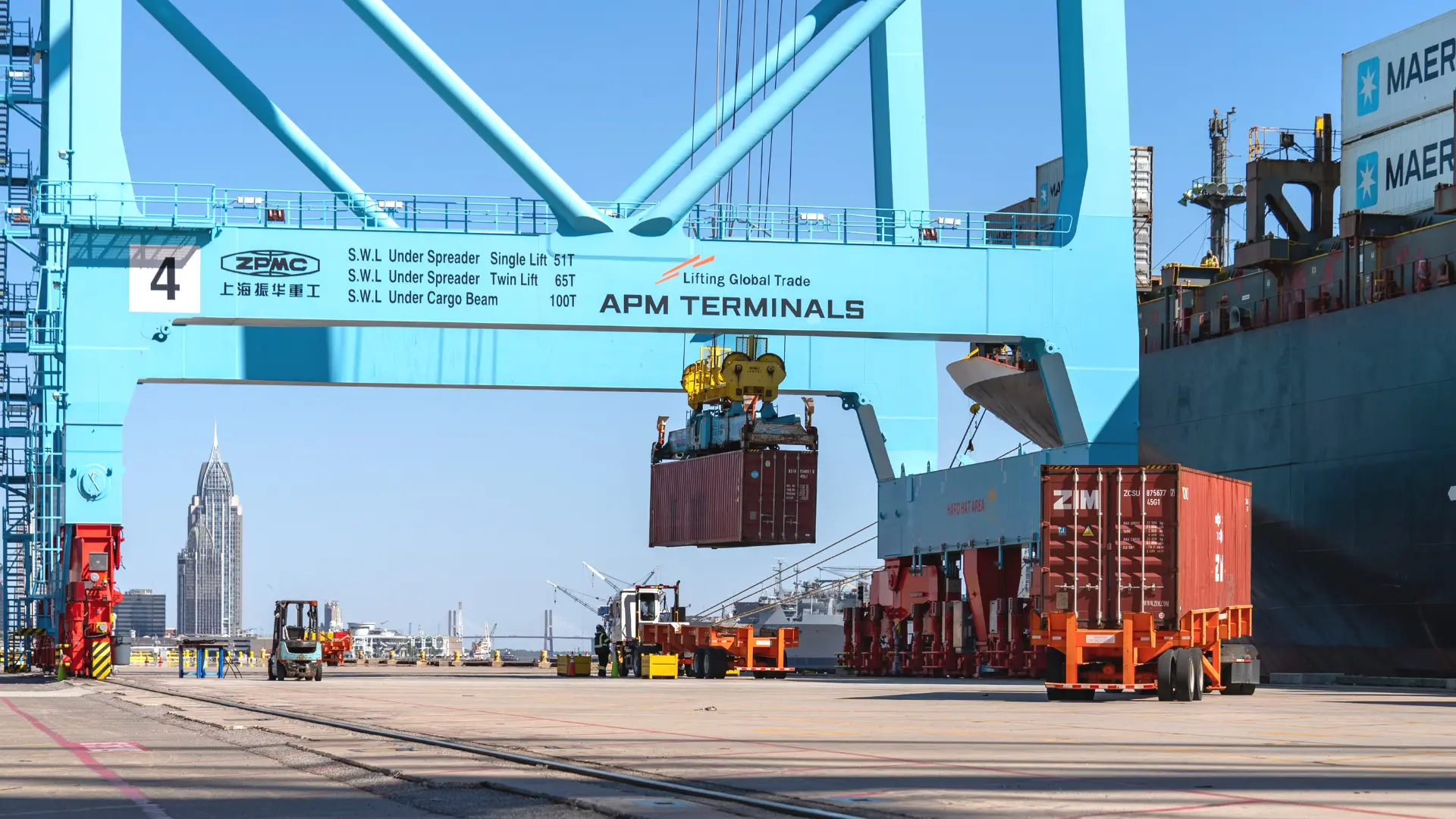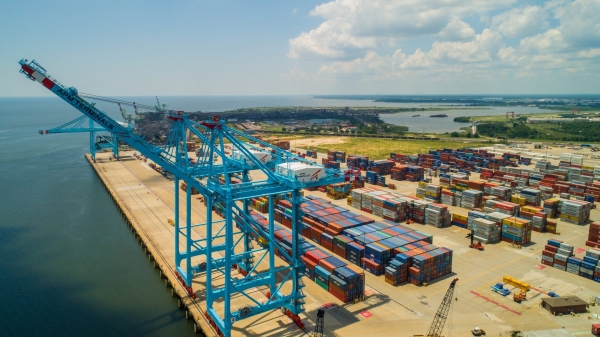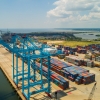For the first time since 1977, the International Longshoremsn’s Association is going on strike across the East and Gulf Coasts. The ILA represents around 45,000 dockworkers who were negotiating for a new, six-year contract with the United States Maritime Alliance (USMX) employer group. The two parties failed to reach an agreement by midnight on Monday, resulting in the ILA strike which began Tuesday.
The strike has effectively shut down half of the nation’s ports, with workers from Maine to Texas participating in the work stoppage. The strike will block everything from food to automobile shipments across dozens of ports, likely causing significant damage to the U.S. economy for its duration. ILA blames USMX for the stoppage, noting that the employer’s latest offer fell “far short of the demands of its members to ratify a new contract”.
Contract negotiations initially broke down between the ILA and USMX in June after workers in Mobile, AL and other ports accused the employer of automating the processing of trucks as they enter and leave the ports — a job that is supposed to be reserved for ILA members. Additionally, the ILA was unable to secure the wage increases they were demanding for their workers, which also prevented an agreement from materializing before Monday’s deadline.
ILA President Harold Daggett said that employers have not acquiesced to the union’s demands to stop automation efforts that threaten members’ jobs, nor have they offered adequate pay increases. “We are prepared to fight as long as necessary, to stay out on strike for whatever period of time it takes, to get the wages and protections against automation our ILA members deserve,” Daggett said on Tuesday.
According to CNBC, the ILA is looking for a 61.5 percent wage increase which USMX’s offer did not meet.
“Everything that comes in this country comes from the containers off these ships that my men work. And I want the world to know it. Don’t come after us saying we’re greedy. Go after those greedy bastards that own these companies in Europe,” Daggett told reporters as dockworkers demonstrated at the Port of New York and New Jersey on Tuesday.
As the strike went into effect, the National Retail Federation called on the Biden administration to stop the strike, warning that the stoppage could have “devastating consequences” for the economy. U.S. Rep. Sam Graves, R-MO, chair of the House of Representatives’ Transportation Committee, also called on Biden “to immediately intervene to avoid this unnecessary harm to our economy.”
“Alabamians want to work and provide for their families, but, once again, big labor is exploiting them. If the ILA was genuinely fighting for their workers, they would be at the table negotiating for them,” Ivey said. “Instead, at a time when families across the country are struggling to afford the rising cost of goods and as several Southeastern states are reeling from a devastating hurricane, the ILA is showing their true colors.”
It is unclear why Ivey accused the ILA of not negotiating for their workers, as the union has been involved in consistent negotiations with USMX since those discussions began earlier this year.
Ivey continued, “[the ILA] have chosen to hold hostage our economy, American consumers and its own workers they claim to support. And who will end up with the brunt of the cost? Hardworking Americans. No matter how this ends, we can remember no Administration that has done more to inflate prices than the Biden-Harris Administration.”
Ivey has previously called unions “special interests looking to come into our state and threaten our jobs and the values we live by.”
However, despite the concerns expressed by those like Graves and Ivey, President Biden
told reporters on Monday that he would not intervene in an ILA strike. When asked why not, the President responded, “Because there’s collective bargaining and I don’t believe in Taft-Hartley” — referencing
a 1947 law that allows the federal government to prohibit certain union conduct.
Biden’s Acting Secretary of Labor Julie Su also put out a statement that was largely supportive of the ILA’s efforts and stongly contrasted Ivey’s comments.
“Over the last week and more, I have spent hours on the phone and in meetings with the parties urging them to find a way to reach a fair contract,” Su said. “This country’s port workers put their health and safety on the line to keep working through the pandemic so we could get the goods we needed as COVID raged and these workers will help communities recover from the devastating effects of Hurricane Helene.”
“As these companies make billions and their CEOs bring in millions of dollars in compensation per year, they have refused to put an offer on the table that reflects workers’ sacrifice and contributions to their employer’s profits,” Su continued. “The American economy has defied all expectations thanks to the Biden-Harris administration’s leadership. There is room for both companies and their workers to prosper.”
“The parties need to get back to the negotiating table and that must be begin with those giant shipping magnates acknowledging that if they can make record profits, their workers should share in that economic success,” Su said in closing.
It is currently unclear how long it will take for ILA and USMX to reach a deal and end the strike, but according to estimates by JP Morgan analysts, the stoppage could cost the American economy as much as $5 billion a day. French shipping group CMA CGM, the world’s third-largest container shipper, has also announced that it may charge additional shipping fees for vessels that are delayed by the strike.




















































